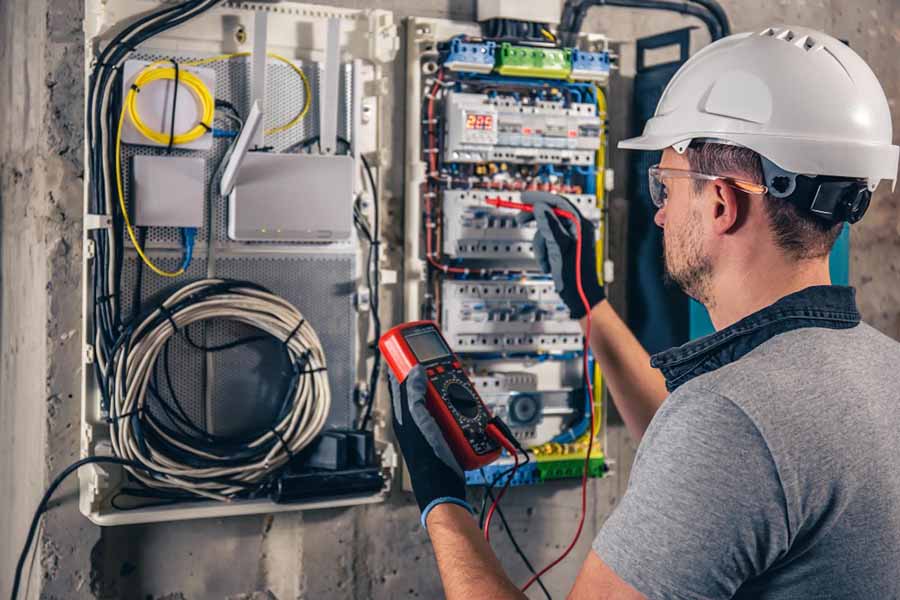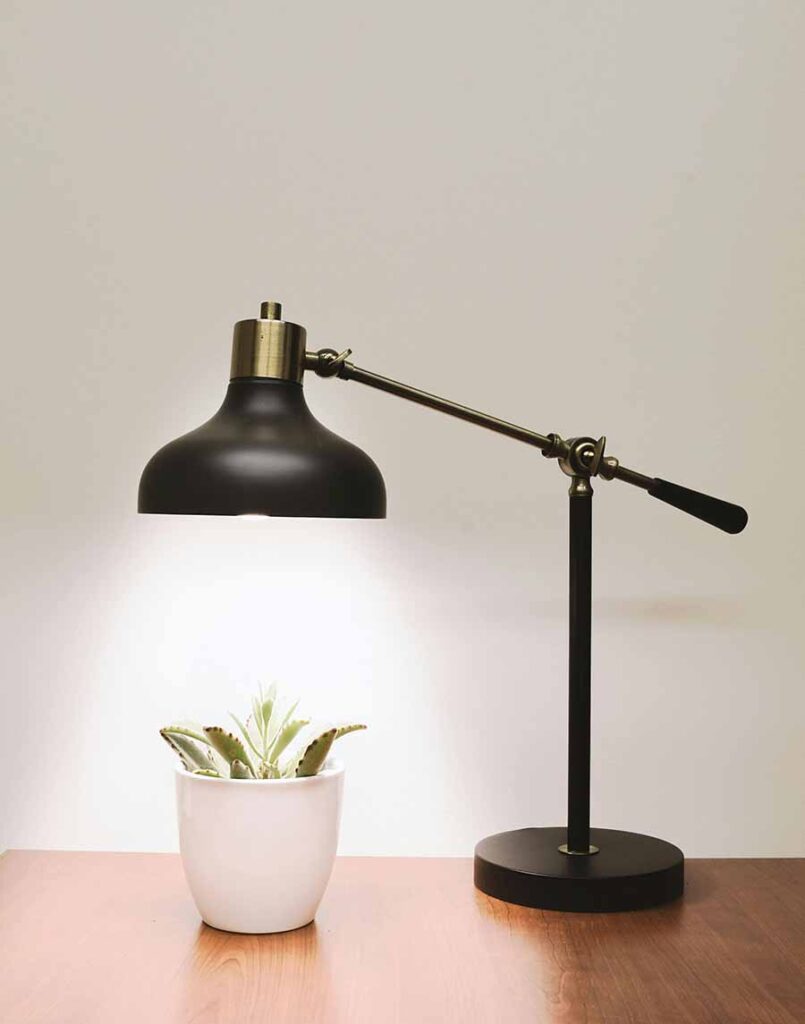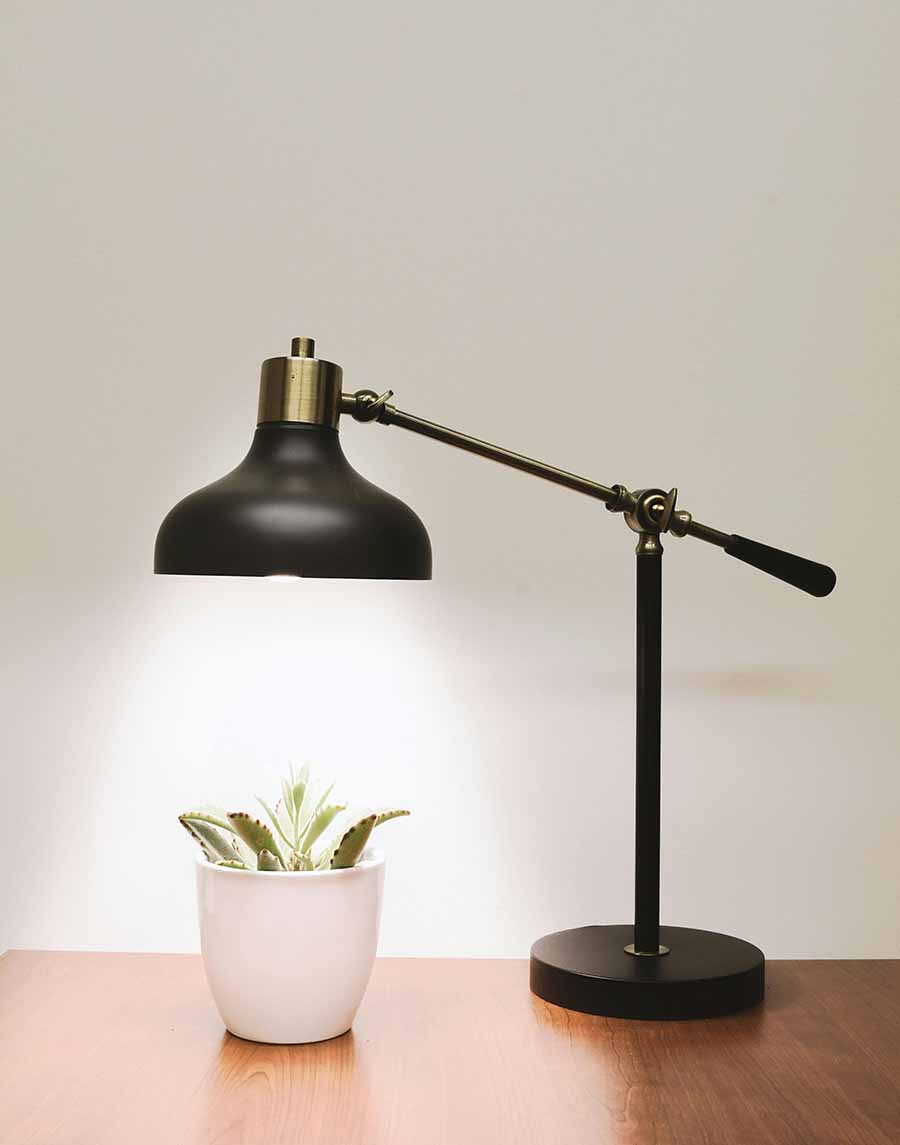Electricity powers our contemporary life, but if not regulated properly, it can pose a major risk. Common causes of house fires and electrical mishaps include faulty wiring, overloaded circuits, and out-of-date equipment. Fortunately, with a few preventative precautions, you may lower your risk while also protecting your family and property. Here are the top five electrical safety guidelines to keep your house safer.
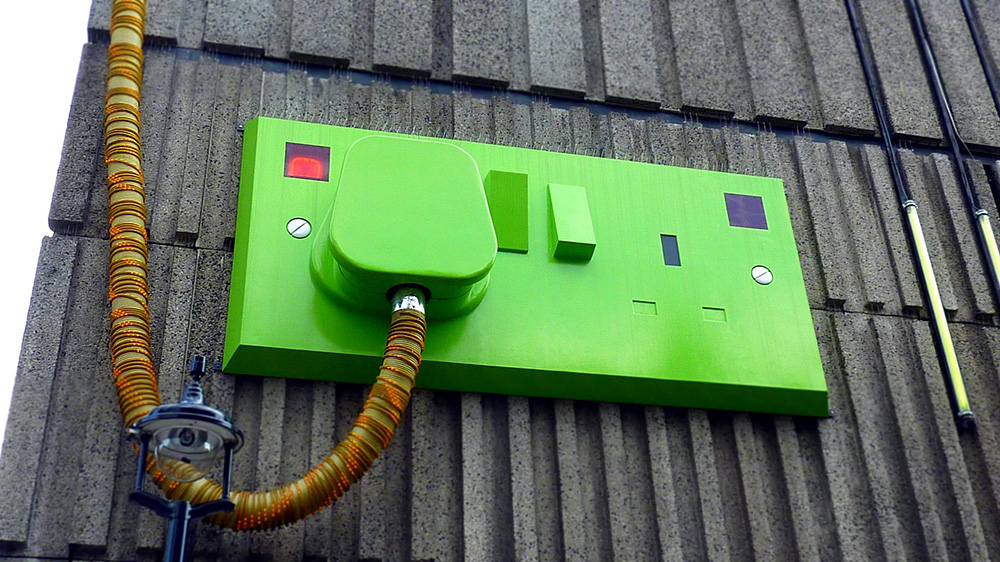
1. Do Not Overload Outlets
One of the leading causes of electrical fires is overloading a power outlet or extension cable. Each outlet is designed to carry a certain quantity of electrical electricity. Plugging in too many high-powered equipment (such as heaters, kettles, or microwaves) might push the limit, resulting in overheating and possibly a fire.
Tip: Use power strips with built-in circuit breakers rather than “daisy chaining” multiple power strips together. If you frequently require more outlets, it’s time to talk to an electrician about installing them.
2. Inspect cords and plugs regularly
Damaged cords and frayed wires are not only ugly, but also dangerous. A wire with exposed metal or insulation deterioration can result in shocks, short circuits, and fires.
Tip: Check your cords on a regular basis, especially for appliances that are regularly relocated. Never run cords under rugs or furniture because they might overheat and wear out faster. Replace any broken wires immediately, or have them professionally repaired.
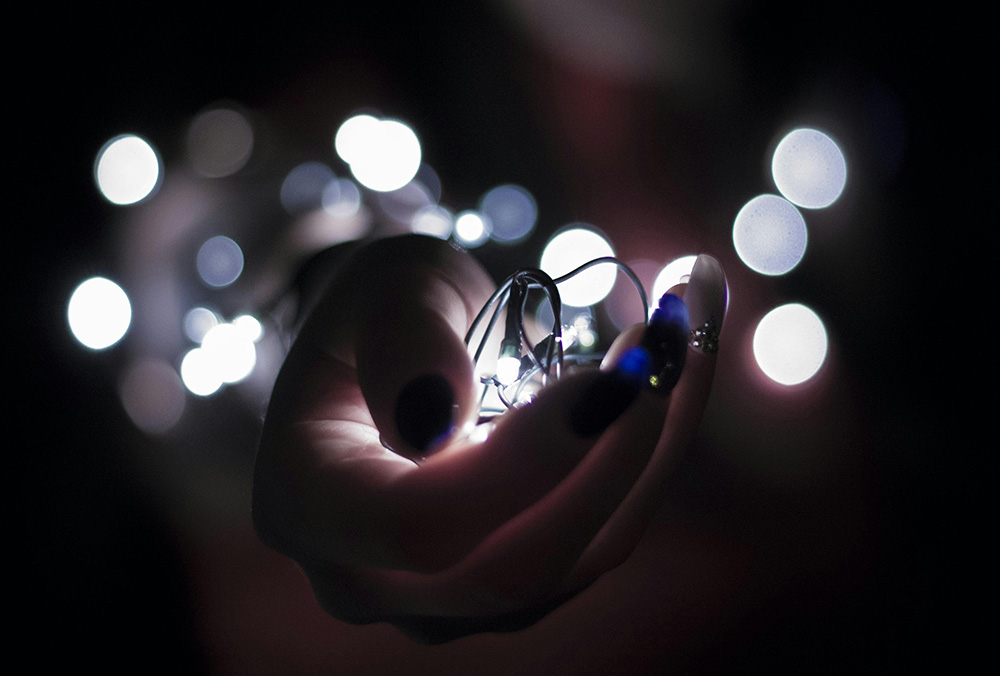
3. Install RCDs (Residual Current Devices).
RCDs, also known as GFCIs (Ground Fault Circuit Interrupters) in some countries, are life-saving devices that turn off power when they detect an electrical current leak, for example, when a human mistakenly touches a live wire. These are especially useful in damp environments like restrooms, kitchens, and outdoor locations.
Tip: Ensure that your home’s electrical panel contains RCD protection. If it doesn’t, talk to a competent electrician about improving your system.
4. Keep Water and Electricity Far Apart
Water is an excellent conductor of electricity, making it one of the most dangerous substances in any home. Using electrical devices near water can result in electrocution.
Tip: Always dry your hands before using electrical equipment, and avoid operating them near water. Install waterproof outlets with appropriate IP ratings in kitchens and bathrooms to increase safety.
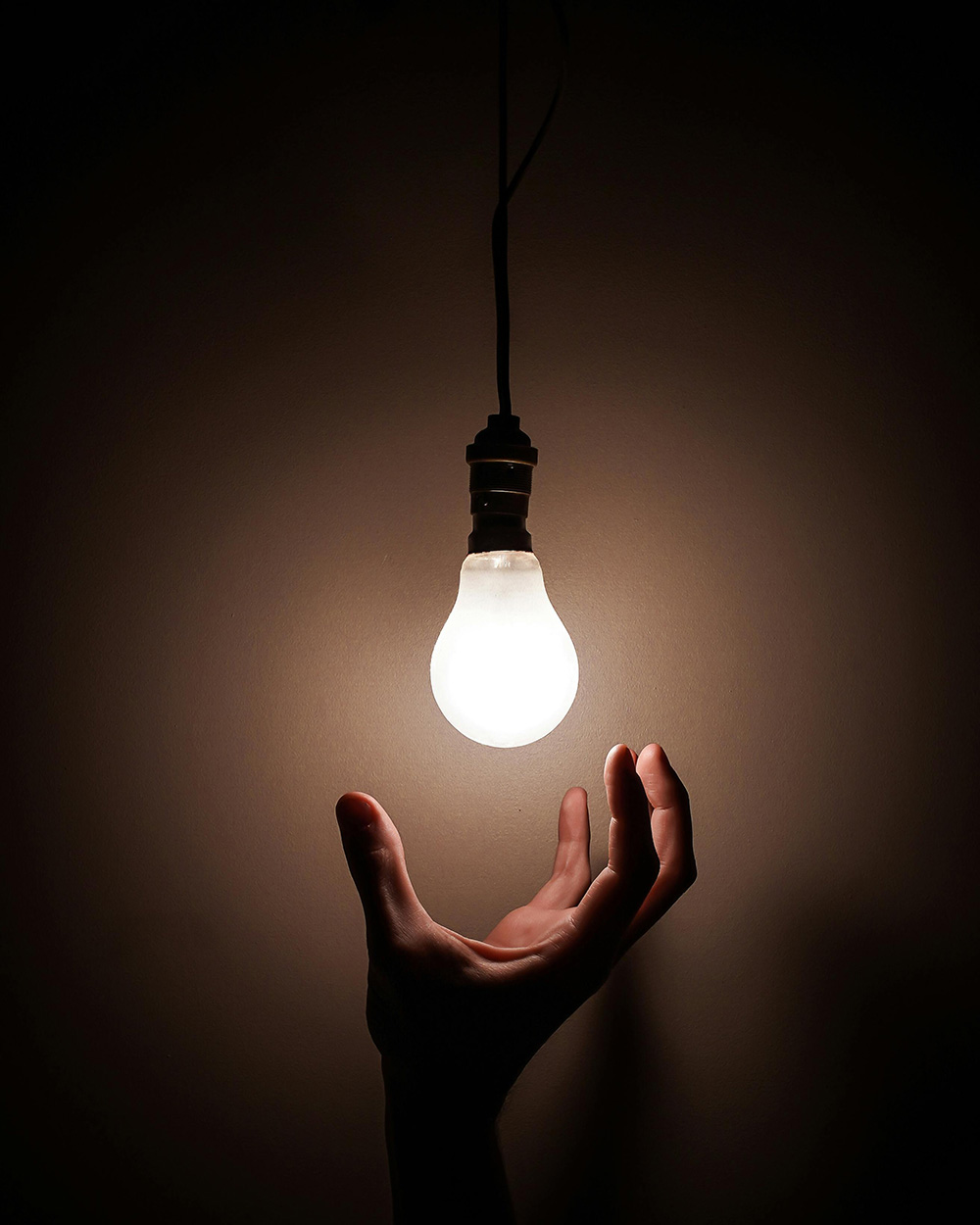
5. Hire a Licensed Electrician for All Electrical Work
DIY is fine for painting or assembling furniture, but leave electricity to the experts. Unlicensed or amateur electrical work is a major cause of preventable fires and code violations in residences.
Tip: Always ensure that your electrician is licensed and registered. For major jobs or house improvements, ensure that they provide a Certificate of Compliance upon completion.
Final thoughts
Keeping your home electrically safe does not need continual worry – just a few good behaviours and regular inspections. Staying aware and investing in safe habits protects your loved ones while also offering you piece of mind.
If you’re not sure if your home’s electrical system is up to date, it may be time for a professional check. Safety should never be an afterthought.




